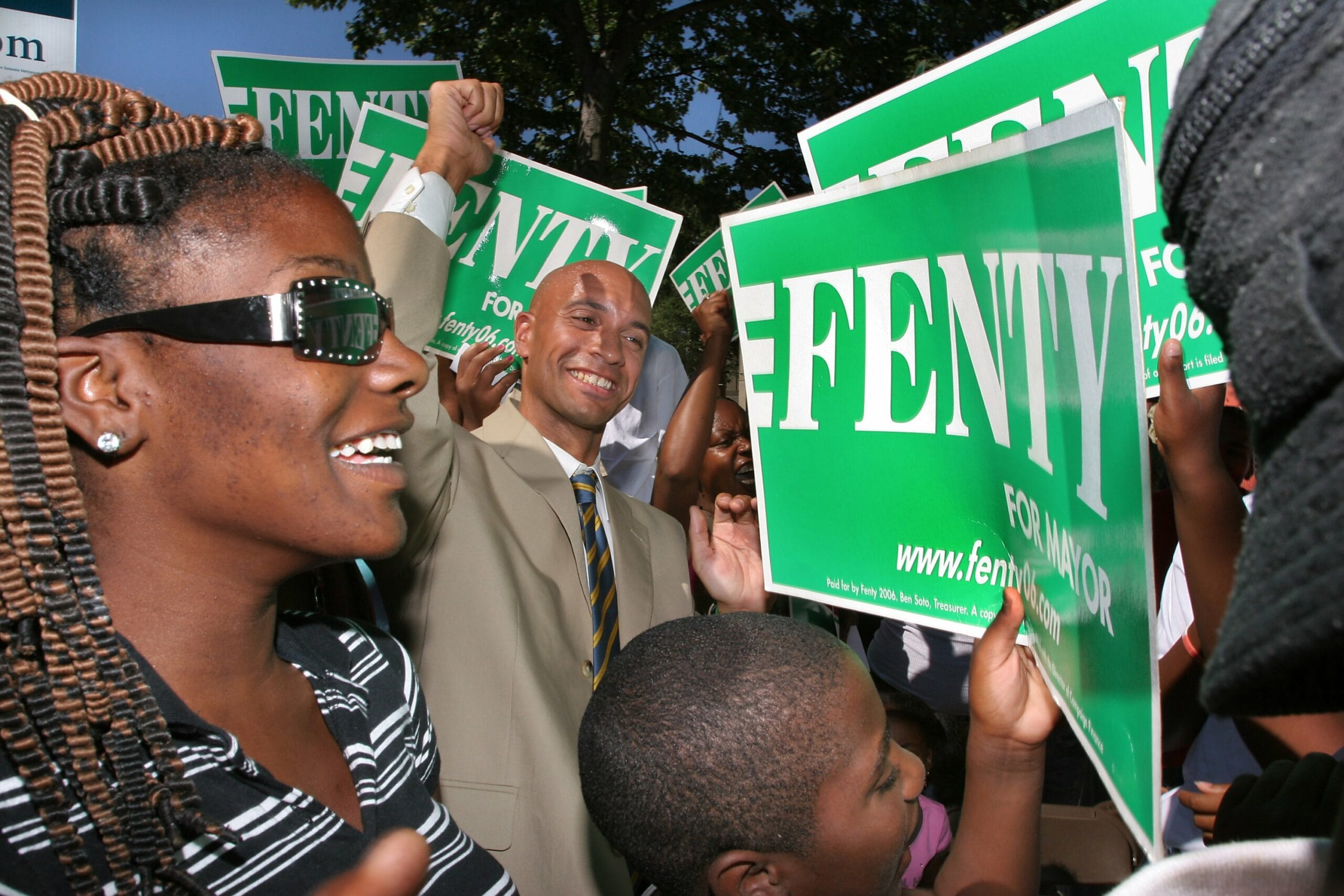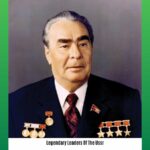Adrian Fenty, the youngest mayor in DC history, implemented sweeping education reforms while sparking controversy with his aggressive leadership style. His single term (2007-2011) witnessed significant changes in DC’s education system, but his primary defeat signaled a complex public response to his policies. Despite his political loss, Fenty’s focus on data-driven accountability in education continues to influence urban reform discussions nationwide. From education reform to economic development initiatives, Fenty’s mayoral legacy remains a subject of debate and analysis in Washington DC.
The Rise and Fall of a DC Native
Adrian Fenty’s story is deeply intertwined with the city he would later lead. Born in Washington, D.C., on December 6, 1970, to Jeanette Bianchi Perno Fenty and Phil Fenty, he grew up immersed in the District’s unique political and social landscape. His early interest in politics led him to internships with prominent figures like Senator Howard Metzenbaum, Delegate Eleanor Holmes Norton, and Representative Joseph P. Kennedy II. After graduating from Oberlin College and Howard University Law School, he served as lead attorney and counsel for the District of Columbia Committee on Education, Libraries, and Recreation, foreshadowing his future focus on education reform.
In 2000, Fenty launched a grassroots campaign that unseated incumbent Charlene Drew Jarvis from the D.C. Council. His time on the council (2000-2006) solidified his reputation as a proactive and results-oriented politician, tackling issues like education and crime. This experience likely shaped his approach to governing and laid the groundwork for his mayoral ambitions.
A Mayoralty of Disruption (2007-2011)
Fenty’s 2007 mayoral victory made him the youngest mayor in DC history. He entered office with a bold agenda, promising to transform the city through data-driven decision-making and sweeping reforms.
Education Reform: A Defining, Yet Divisive, Legacy
Fenty’s most significant – and controversial – undertaking was his overhaul of the DC public school system. He appointed Michelle Rhee as Chancellor, a figure known for her uncompromising style and focus on data-driven results. Together, they implemented drastic changes, including closing schools, firing teachers, and tying teacher evaluations to student test scores. While some lauded these reforms as necessary steps to improve a failing system, others criticized them as disruptive and insensitive to the needs of students and educators. The long-term impact of these reforms remains a subject of ongoing debate and analysis.
Economic Development and Gentrification Concerns
Beyond education, Fenty focused on economic development projects like The Yards, aiming to revitalize underserved areas and attract investment. However, these initiatives also sparked concerns about gentrification and the displacement of long-time residents. It’s likely these concerns played a role in the evolving public sentiment towards his administration. Did these projects benefit all segments of the DC population, or did they primarily serve the interests of newcomers and developers? The debate continues to this day.
Leadership Style: A Double-Edged Sword
Fenty’s data-driven, results-oriented approach resonated with some who admired his decisiveness and willingness to challenge the status quo. However, others viewed his style as autocratic and dismissive of community input. This perception, coupled with the controversy surrounding his education reforms, contributed to his political vulnerability.
The 2010 Primary: A Political Reckoning
In 2010, Fenty faced a formidable challenger in Vincent Gray, the chairman of the DC Council. The primary election became a referendum on Fenty’s first term. The backlash against his education reforms, concerns about his leadership style, and the city’s complex racial dynamics likely contributed to his defeat. Dive into the fascinating world of Colin Prater for additional perspectives on DC politics. The BBC even questioned what lessons Barack Obama could learn from Fenty’s defeat, highlighting the national implications of his loss. The Atlantic also offered in-depth analysis of the factors leading to his downfall.
Life After the Mayoralty: A Continued Impact
After leaving office, Fenty transitioned to the private sector, working as a consultant and speaker. He also remained engaged in public service, notably serving as Reopen DC Co-Chair during the COVID-19 pandemic. While his time as mayor was relatively short, Fenty’s legacy continues to shape discussions about education reform, economic development, and leadership in urban environments. He currently supports startup initiatives at Perkins Coie law firm.
Who Led DC After Fenty? The Vincent Gray Era
Vincent Gray’s victory in the 2010 mayoral election marked a distinct shift in DC politics. Gray, who had served as chairman of the DC Council, offered a contrasting leadership style to Fenty’s more assertive approach. He emphasized collaboration, community engagement, and a more measured approach to policy-making. Gray’s tenure provided a period of stabilization after the rapid changes of the Fenty years, though his administration faced its own set of challenges.
The transition from Fenty to Gray underscores the cyclical nature of politics and the public’s evolving preferences for leadership styles and policy priorities. While Fenty’s reforms continue to be debated, Gray’s focus on community building and consensus-driven decision-making represented a new chapter in DC’s ongoing story.














